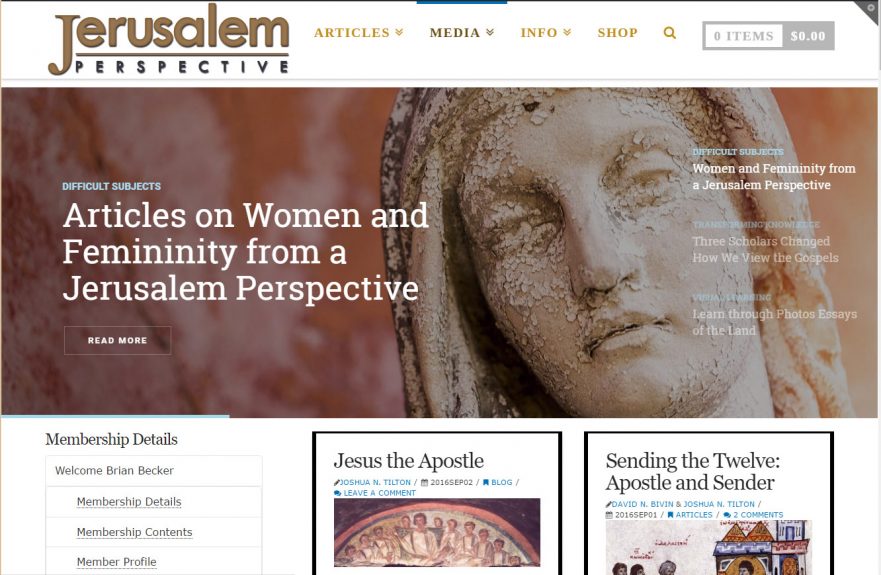The messianic era dawned with a proclamation of God’s favor toward all humankind.
The Didache and its Relevance for Understanding the Gospel of Matthew

In this article, Professor Huub van de Sandt introduces readers to the fascinating treatise called the Didache, and discusses how this early Christian document, which was based on an earlier Jewish source, helps us understand the Gospel of Matthew.
Corrections and Emendations to Flusser’s Judaism of the Second Temple Period
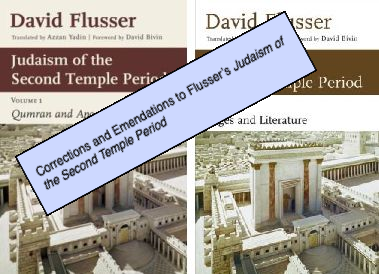
This blog collects all the mistakes we have noticed in the two-volume translation by Azzan Yadin of Flusser’s collection of essays, entitled Judaism of the Second Temple Period. We invite readers to submit any additional corrections they may have noticed.
Holy Land Postcard: Hula Valley Nature Reserve

A visit to the Hula Valley Nature Reserve offers a different kind of Holy Land experience.
Gospel Postcard: Magdala
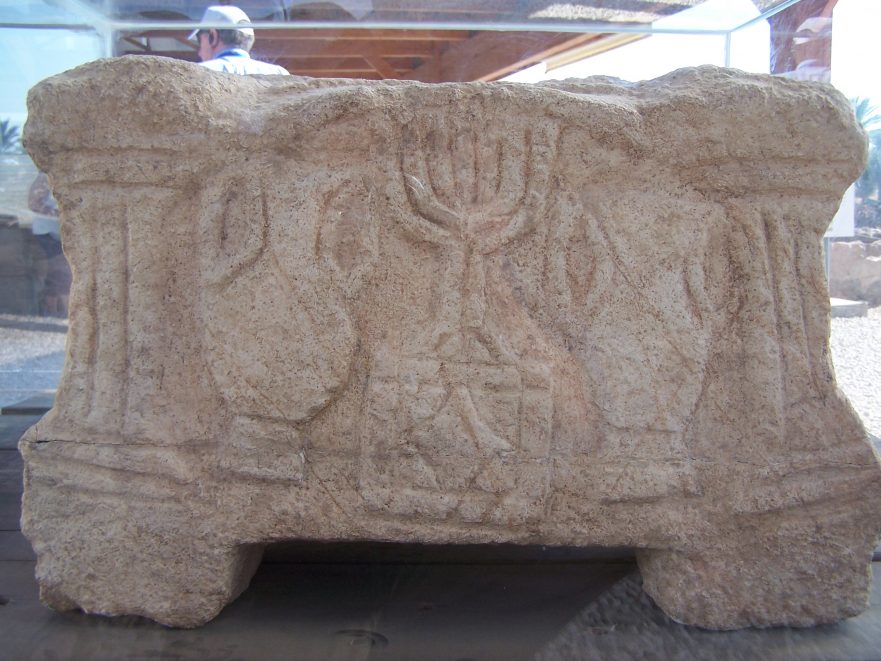
Excavations since 2009 have revealed the Galilean town of Magdala, the hometown of Mary Magdalene.
Why Do the Wicked Prosper?
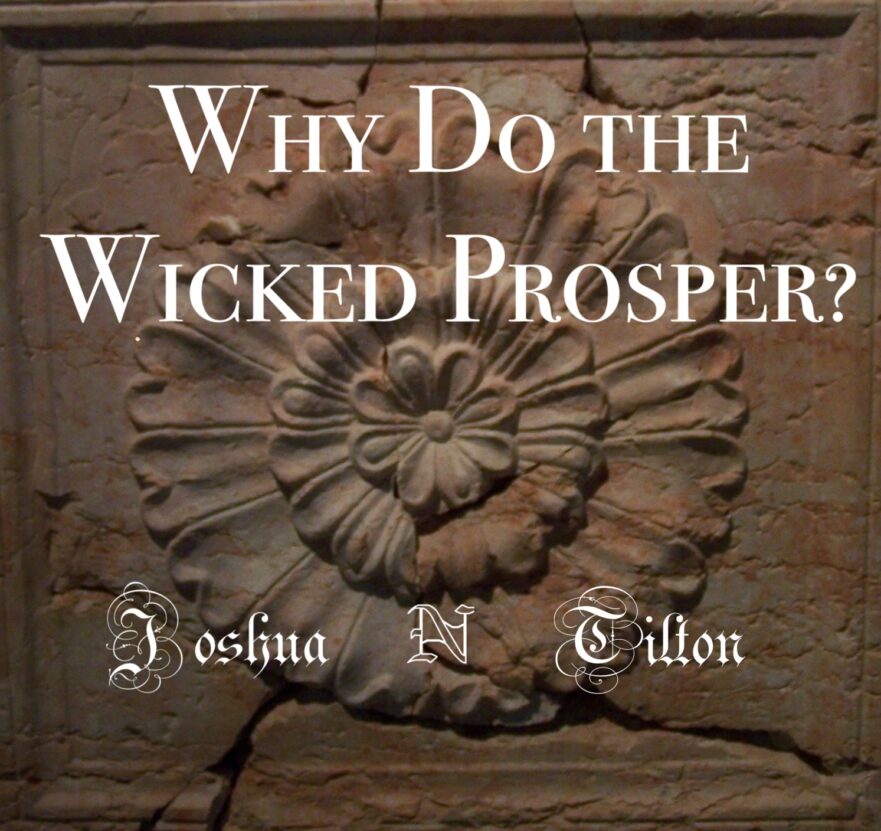
Why do the wicked prosper? No one knows, but ancient Jewish thinkers reminded the faithful that appearances are not always what they seem.
Did Jesus Call God “Abba”?

In the past, some scholars have relied on the evidence of Jesus’ use of the word “Abba” to draw far-reaching conclusions about Jesus, the language he spoke, and his relationship to Judaism. As part of their ongoing research for the LOY project, David Bivin and Joshua Tilton revisited the evidence for Jesus’ use of “Abba” as an address to God. Tilton summarizes their findings here.
A Declaration of Independence and a Pledge of Allegiance

In this blog, Joshua Tilton shares his personal reflections on the Lord’s Prayer based on his research for the Life of Yeshua project.
World’s Oldest Biblical Scroll Discovered?
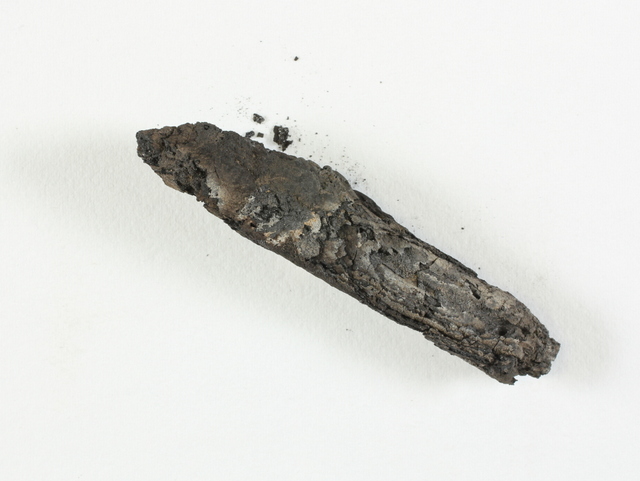
This past Wednesday evening (21 September, 2016) the BBC reported that a scroll discovered in the ancient synagogue at Ein Gedi “reveals the earliest text ever found of the Old Testament.” Is this startling claim true?
A Statistical Approach to the Synoptic Problem: Part 4—Non-Linear Hypotheses

In Part Four of his series, “A Statistical Approach to the Synoptic Problem,” Halvor Ronning compares Lindsey’s theory of Lukan Priority to alternative solutions to the Synoptic Problem.
Jesus the Apostle

Today we usually think of Jesus as the one who appointed apostles, and to hear of Jesus himself being referred to as an apostle can sound jarring. But while referring to Jesus as an apostle might seem strange to Christians in the twenty-first century, this designation for Jesus would not have sounded strange to early believers.
Sending the Twelve: Apostle and Sender
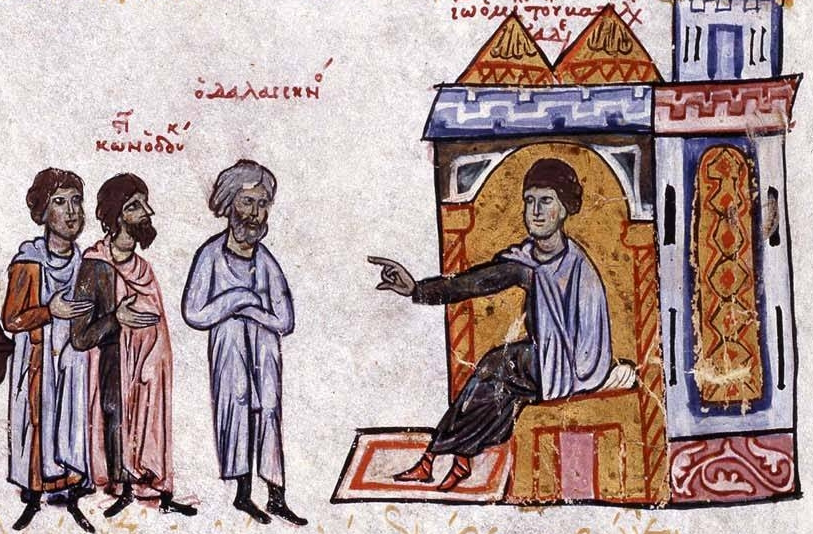
The Apostle and Sender saying (Matt. 10:40; Luke 10:16) not only gave assurance to Jesus’ emissaries as he sent them out on their first healing and teaching mission, it also offers us an extraordinary glimpse into Jesus’ high self-awareness as the shāliaḥ, or official representative, of Israel’s God. In this segment of the Life of Yeshua commentary, David N. Bivin, JP’s editor-in-chief, and Joshua N. Tilton envision how Jesus’ Apostle and Sender saying may have been worded in Hebrew and explore the Jewish backgrounds of this profound saying.
JP Welcomes New Author—Professor Serge Ruzer

Our most recent author, Professor Serge Ruzer of the Hebrew University in Jerusalem, has just published a new article on JP that explores the Jewish context of Mark’s account of Jesus’ baptism, and how this description ties in with first-century Jewish messianic expectations.
The Programmatic Opening of Jesus’ Biography as a Reflection of Contemporaneous Jewish Messianic Ideas
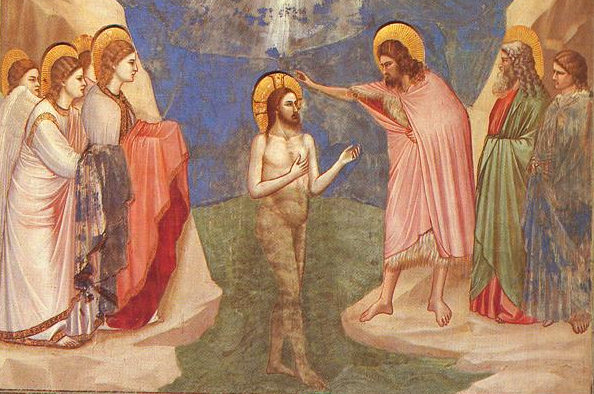
In this study Professor Ruzer suggests that there was a broader first-century Jewish context behind the narrative strategies employed in Mark’s prologue to Jesus’ messianic biography. On the other hand, he also demonstrates that Mark 1:9-11 can be used to recover an early phase of a pattern of messianic belief, seemingly shared by wider Judaism, that continued into the rabbinic period. In other words, New Testament evidence can be an important witness to broader trajectories in early Jewish messianic beliefs.
May His Memory Be for a Blessing

The recent death of author and Nobel laureate Elie Wiesel reminds us that we are living at a time when the survivors of the Holocaust are becoming fewer. The eyewitnesses to the horrors of the Nazi extermination program have done all they can do to entrust the memory and the responsibility of what happened to the next generations. How will we handle this awesome responsibility?
Gospel Origins: From a Hebrew Story to the Canonical Gospels
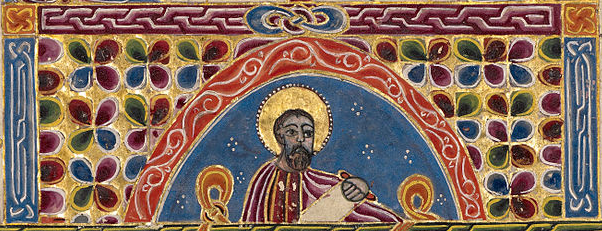
Originally released as a pamphlet entitled The Gospels in 1972, Jerusalem Perspective brings you this discussion of the Synoptic Gospels by Robert L. Lindsey in a newly revised and updated edition. Herein Lindsey critiques the theory that the Gospel narratives were developed orally by Greek speaking Christians in a decades long process. Lindsey argues that there is strong evidence that the material preserved in Matthew, Mark, and Luke descends from a Hebrew document written shortly after the events it describes.
A Gripping New Novel about Jews and Christians in First-century Israel
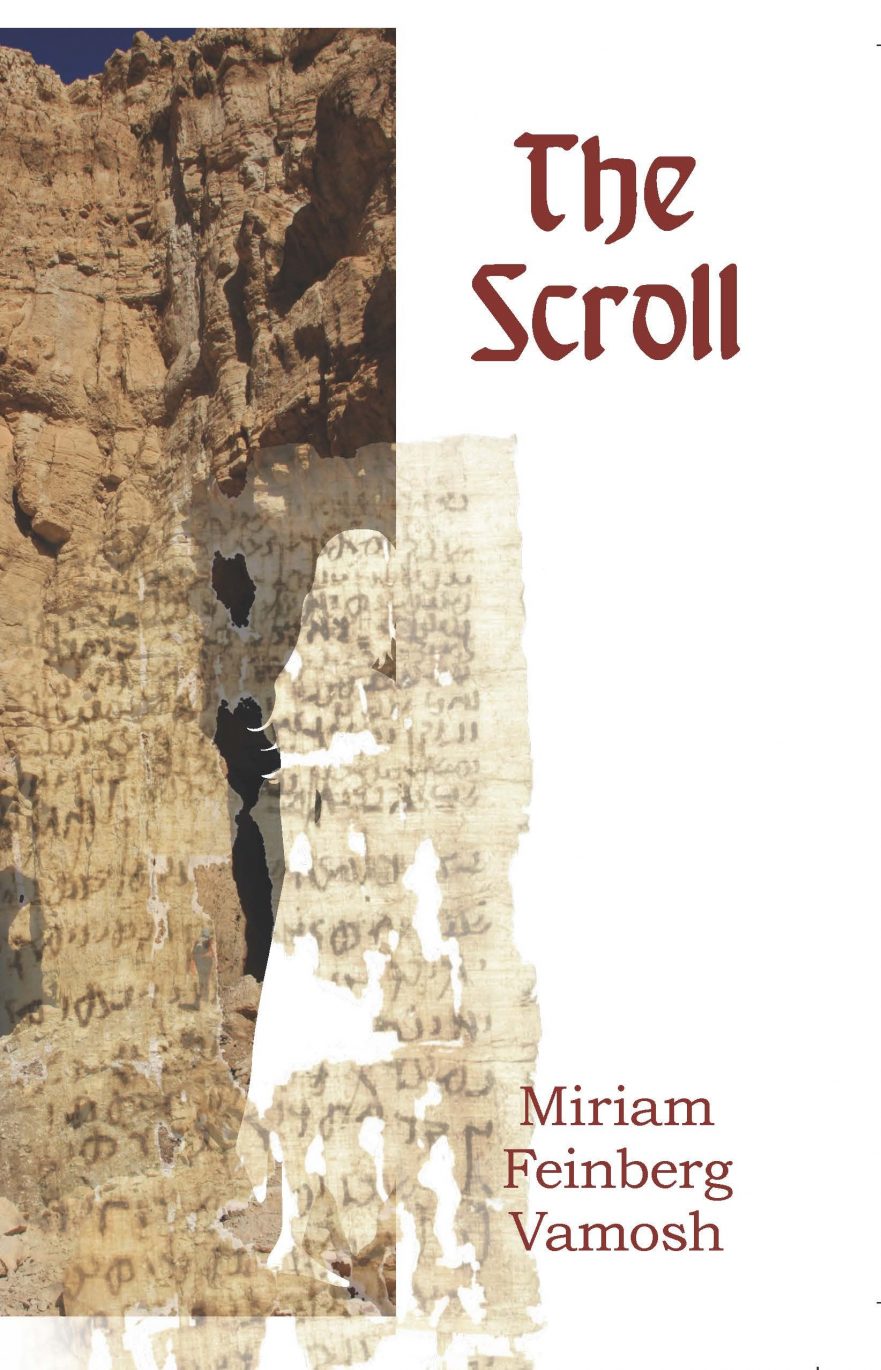
The Scroll, by Miriam Feinberg Vamosh, is an historical novel portraying Roman times in the Holy Land.


